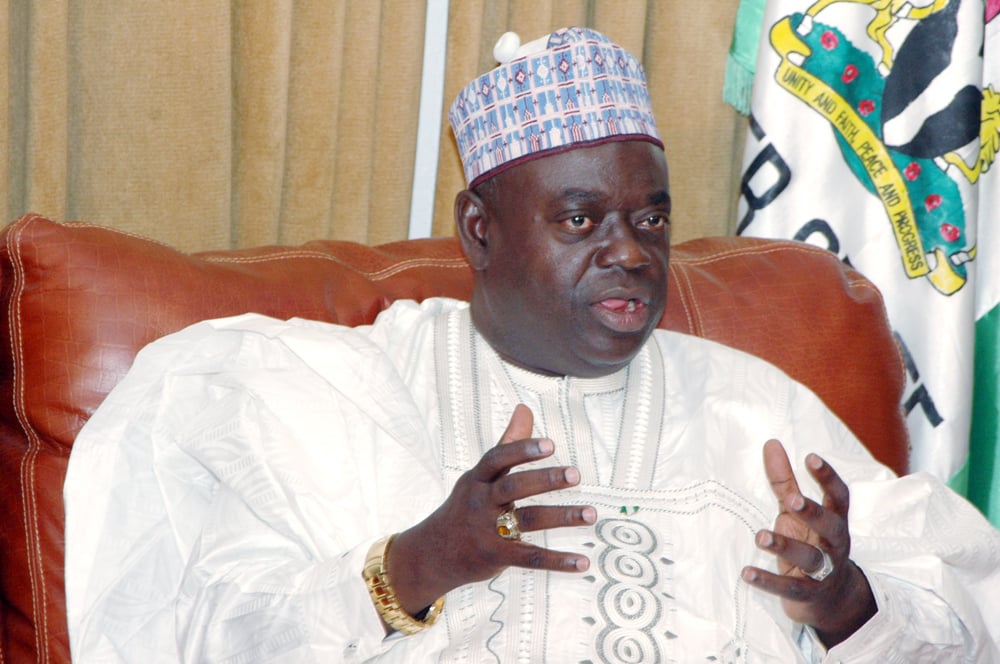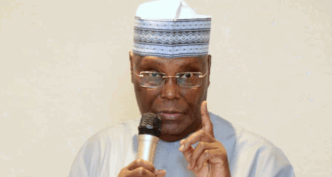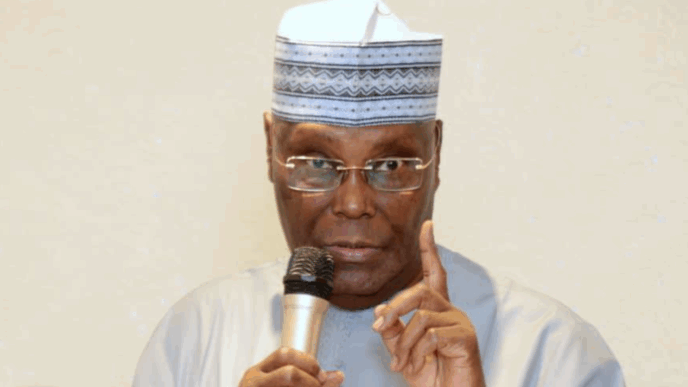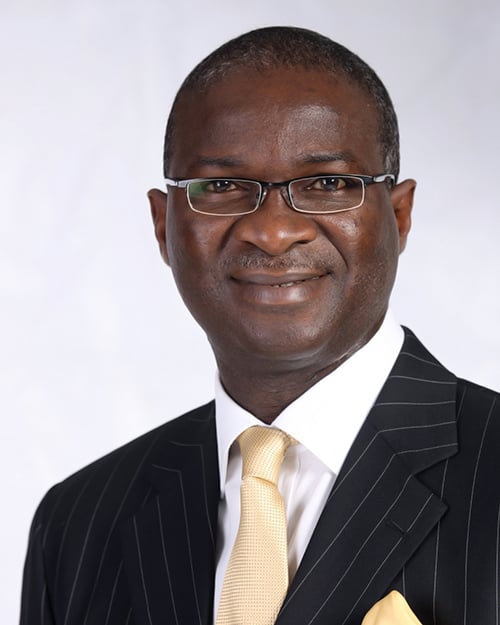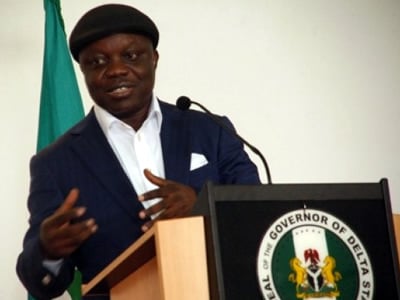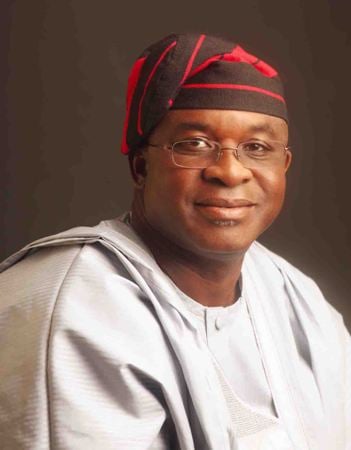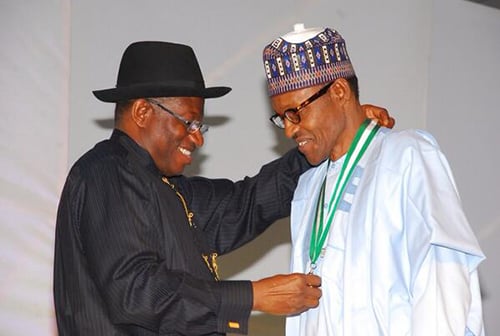Babangida Aliyu
Babangida Aliyu, former Niger state governor, says Nnamdi Azikiwe made crucial political concessions to keep Nigeria united in its earliest years.
Known as the ‘father of Nigerian nationalism’, Azikiwe was among the leaders who fought for Nigeria’s independence.
Better known as Zik, the politician commanded respect in his lifetime and after his passing.
He served as the third and first black governor-general of Nigeria from 1960 to 1963 and the first president of Nigeria during the first republic (1963–1966).
Advertisement
Speaking at the Nnamdi Azikiwe sixth annual award lecture in Abuja, Aliyu said the country’s early post-independence period was defined by threats that demanded pragmatic responses.
He said Zik’s choices reflected a resolve to prevent the young federation from fracturing.
“Zik was a Nigerian even before Nigeria gained its independence. Zik was in the forefront of the independence of Nigeria. And you could see that he could, as a realist, compromise to ensure the survival of the nation,” he said.
Advertisement
“If you recall, before the coup of 1966, Dr Nnamdi Azikiwe entered a relationship between his party and MPC and became a ceremonial president.
“Indeed, during the second republic, again, his party and MPN came to ensure that Nigeria remains one.
“Therefore, anybody who, for whatever reason, is in love, regardless of your suffering, we must love our country.
“If we were to choose where to be born, probably many people may not want to be born in Nigeria.
Advertisement
“But since it was not a choice, your creator chose that you should be born here. It is only natural that you should be proud and love your country.”
According to him, religious teachings emphasise the importance of loving one’s country, a principle he said Azikiwe embodied.
Mainasara Umar-Kogo, chairman of the Code of Conduct Tribunal (CCT), called for moral renewal and a revival of pan-African cooperation.
He said Africa has struggled despite the foundations set by figures such as Azikiwe, Kwame Nkrumah and Nelson Mandela.
Advertisement
He said corruption, disunity and poor leadership have undermined the ideals of the liberation era.
“Let us be honest with ourselves,” he said.
Advertisement
“What kind of house have we built after Zik? A house divided by ethnic strife cannot endure. A corrupt Nigeria cannot inspire Africa.
“A lawless Nigeria cannot lead Africa and that is the reason why Africa is in comatose.”
Advertisement
He said unity must rest on justice and that pan-Africanism is both a political and moral project.
Advertisement
